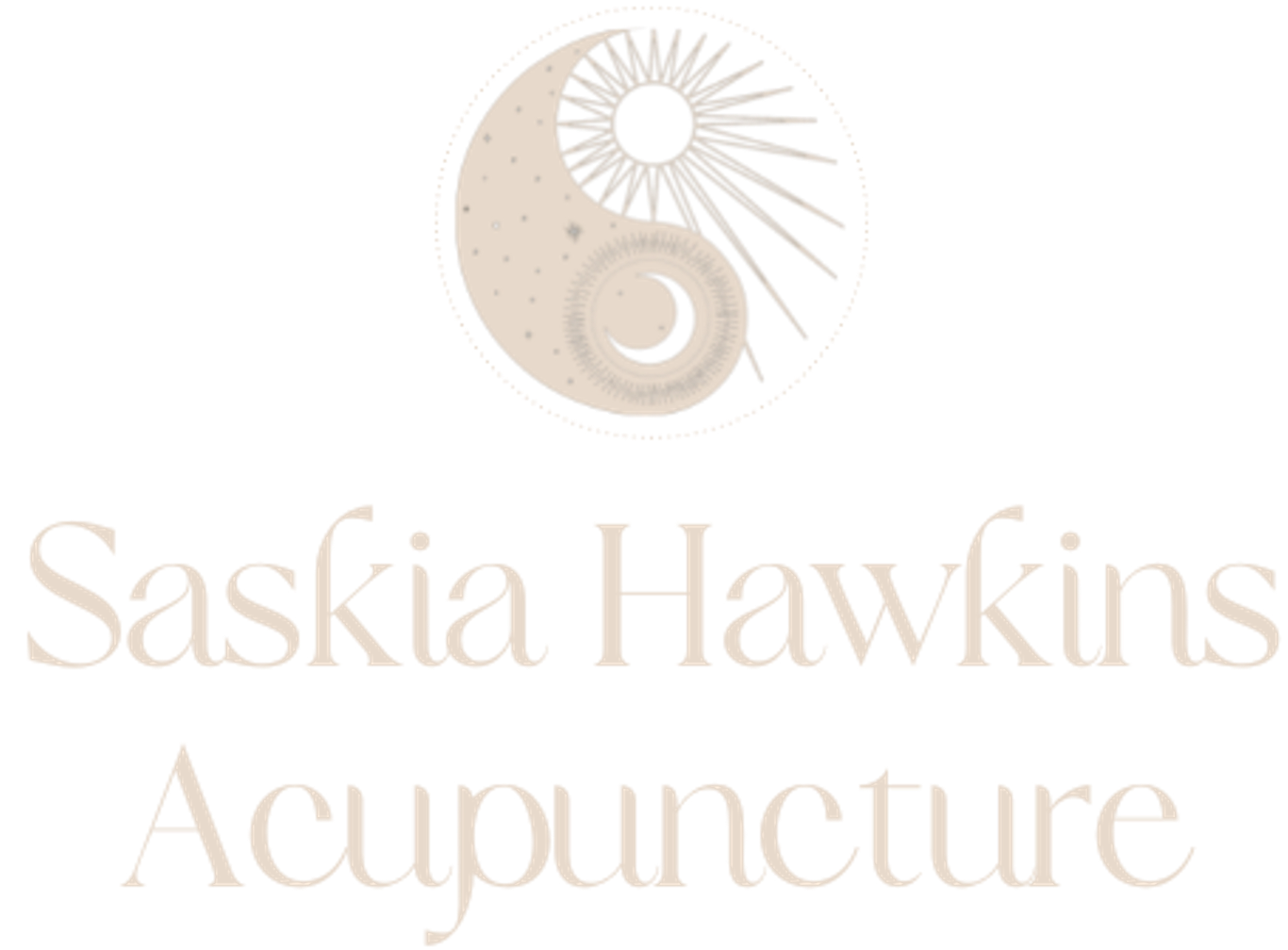Summer Season According to Traditional Chinese Medicine
Nature: Yang
Organ: Heart
Element: Fire
Flavour: Bitter
Emotion: Joy
Colour: Red
Summer is a season that holds great significance in Traditional Chinese Medicine (TCM). According to TCM principles, each season has its unique characteristics, and understanding these can help us live in harmony with nature and maintain optimal health. In this article, we will explore the insights of TCM regarding the summer season and how we can align ourselves with its energy for overall well-being.
The Fire Element: The Essence of Summer
In TCM, each season is associated with one of the five elements, and summer is closely linked to the Fire element. Just like a fire, summer is characterised by warmth, brightness, and activity. The energy of this season is expansive, and it encourages us to be open, social, and expressive.
Protecting and Nourishing Your Heart
According to TCM, the heart is the organ associated with the Fire element, and it plays a vital role in maintaining overall health during the summer. To nurture your heart, it is crucial to engage in activities that bring you joy and make your heart sing. This can include spending time with loved ones, pursuing hobbies, or simply enjoying the beauty of nature.
Embracing the Yang Energy
Summer is considered a yang season in TCM, characterised by outward and expansive energy. It is a time of growth, abundance, and high vitality. To align with this energy, it is recommended to wake up early and engage in activities that promote movement and circulation, such as practising Qi Gong, yoga, or going for a refreshing morning walk.
Keeping Cool and Hydrated
As the weather gets hotter during summer, it is crucial to keep our bodies cool and hydrated. According to TCM, consuming foods and beverages that have cooling properties can help balance the excess heat. Some examples of cooling foods include watermelon, cucumber, mint, and green tea. Additionally, it is advisable to avoid excessive consumption of spicy, greasy, and fried foods, as they can generate internal heat and disrupt the body's harmony.
It is worth noting that, especially in the UK, the weather can sometimes be quite windy and cool in the summer. It is worth carrying a light jumper for the evenings and always avoiding draughts (especially with wet hair!).
Protecting Your Skin and Nurturing Your Yin
While it is essential to embrace the warmth of summer, excessive exposure to the sun can deplete the body's Yin energy. In TCM, Yin represents the nourishing and cooling aspects of our being. To protect your Yin and maintain healthy skin, it is recommended to use natural sunscreens, wear breathable clothing, and seek shade during the hottest parts of the day. Additionally, consuming Yin-nourishing foods, such as apple, seaweed, watercress, eggs, fish and sesame seeds, can help replenish your body's Yin reserves.
Balancing Activity and Rest
Summer is a time of high energy and the emotion associated with summer Is joy. But it is equally important to find balance by incorporating adequate rest and relaxation. TCM emphasizes the importance of nurturing our Yin energy during the summer months, which can be achieved through practices like meditation, deep breathing, or taking short naps when needed. Listening to your body's signals and allowing yourself time to recharge is essential for maintaining overall well-being.
In summary
Understanding the insights of Traditional Chinese Medicine can guide us in making healthier choices during the summer season. By embracing the warmth, joy, and abundance of summer while also nurturing our Yin and finding balance, we can optimise our well-being and align ourselves with the natural rhythms of this vibrant season.
Last but not least, acupuncture can support balancing your Yin & Yang. I always recommend seasonal tune-ups too, to help the body adapt to the changes happening around you.

